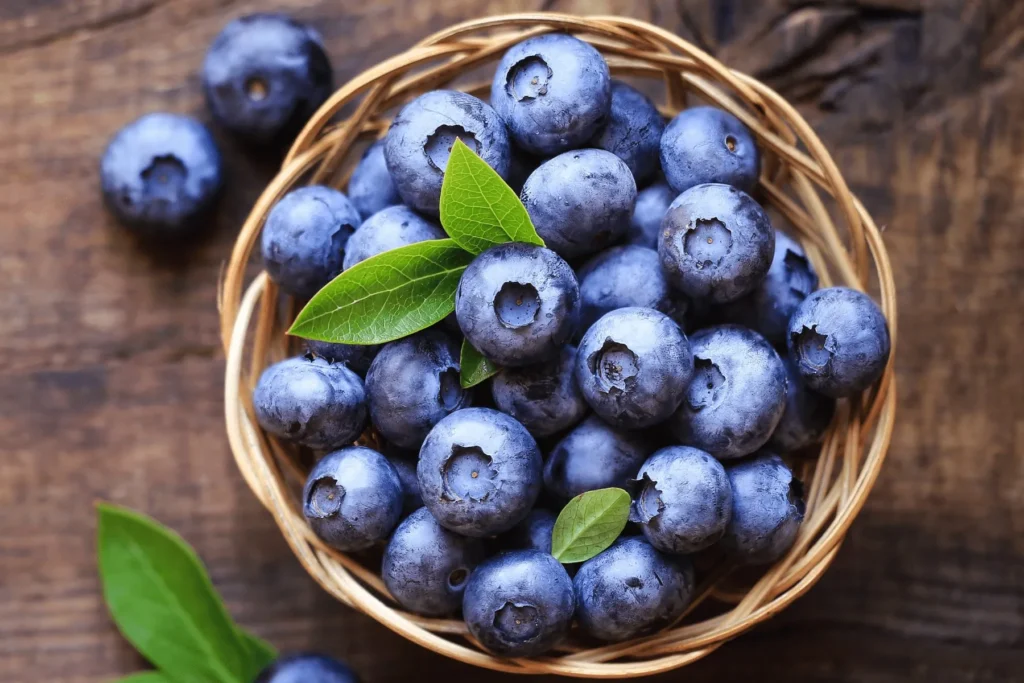The kidneys — small, bean-shaped organs often overlooked in daily health routines — quietly perform one of the body’s most vital tasks: filtering waste and maintaining a delicate balance of electrolytes, fluids, and nutrients. Yet, as experts increasingly emphasize, what we eat can either strengthen or strain these organs over time.
If neglected, kidney health can deteriorate gradually, leading to the accumulation of toxins, fluid retention, electrolyte imbalances, and bone or mineral disorders. In severe cases, chronic kidney disease (CKD) can increase the risk of cardiovascular complications — a leading cause of death among kidney patients.
Research from the National Institutes of Health (NIH) continues to highlight how nutrition influences kidney function through oxidative stress and inflammation pathways. Diets rich in antioxidants and anti-inflammatory compounds can help protect renal cells from long-term damage, while poor food choices can accelerate decline.
Here’s a closer look at four foods that support kidney health — and a few that could harm it.
1. Blueberries: Small Berries, Big Benefits
Blueberries are often called “nature’s superfood,” and for good reason. According to the UK National Kidney Foundation, a half-cup serving of blueberries contains less than 150 milligrams of potassium — making them a safe, low-potassium option for individuals monitoring kidney health.

Beyond their potassium profile, blueberries are rich in antioxidants like anthocyanins, which have been shown to reduce oxidative stress, improve vascular function, and even lower blood pressure — a major risk factor for kidney damage. “Blueberries are a nutrient-dense, low-sugar fruit that fits well into most kidney-friendly diets,” says Dr. Elaine Morgan, a nephrologist at Johns Hopkins Medicine. “They’re one of the few fruits that provide both cardiovascular and renal benefits.”
2. Fatty Fish: Omega-3s for Inflammation Control
Fatty fish such as salmon, mackerel, sardines, and trout are rich in omega-3 fatty acids, which play a key role in lowering inflammation and supporting heart and kidney health.
A study published in the British Medical Journal (BMJ) found that individuals with higher circulating levels of seafood-derived omega-3s had a lower risk of developing chronic kidney disease and experienced slower kidney function decline. “Inflammation and high blood pressure are two major drivers of kidney injury,” said Dr. Richard Cole, a nutrition scientist at the NIH. “Omega-3s address both by improving vascular health and reducing systemic inflammation. Experts recommend incorporating fatty fish into meals two to three times per week, preferably baked or grilled rather than fried.
3. Red Bell Peppers: A Low-Potassium Antioxidant Powerhouse
Among vegetables, red bell peppers stand out for being kidney-friendly — low in potassium and phosphorus while packed with vitamins A, C, and B6.
According to NIH research, capsaicin, the compound responsible for the pepper’s mild heat, may positively influence renal physiology by modulating nerve activity and blood flow within the kidneys. Red bell peppers also provide lycopene, a carotenoid antioxidant linked to heart health and reduced oxidative damage. “The more color on your plate, the better,” said Dr. Maria Santos, a clinical dietitian at the Cleveland Clinic. “Red bell peppers are a colorful, protective food for both your heart and kidneys.”
4. Olive Oil: The Heart-Healthy Fat That Supports Kidneys Too
Extra virgin olive oil isn’t just a Mediterranean staple — it’s increasingly recognized as a kidney-supportive fat. A study reviewed by the NIH and published in MDPI journals found that olive oil supplementation in patients with chronic kidney disease reduced inflammatory and oxidative stress markers.
Rich in monounsaturated fats and polyphenols, olive oil protects blood vessels and helps regulate cholesterol levels — both critical for kidney and cardiovascular function. “It’s one of the best fats you can use for cooking or salad dressing,” said Dr. Jonathan Lee, a nephrology researcher at Harvard Medical School. “It replaces unhealthy saturated fats while providing potent antioxidants that help slow kidney decline.”
What to Avoid for Stronger Kidney Health
While adding nutrient-dense foods supports kidney function, experts warn that limiting harmful ones is equally — if not more — important. Certain foods and drinks can increase kidney workload, raise blood pressure, or promote metabolic disorders linked to CKD.
Here’s what nephrologists say you should cut back on:
- Processed and packaged foods: Canned soups, instant noodles, and salty snacks often contain high levels of sodium. Too much salt raises blood pressure, putting direct strain on the kidneys.
- Red meat and protein powders: Excessive protein intake can overwork kidneys, especially for individuals with reduced kidney function. Lean protein from fish or plant sources is a safer option.
- Sugary drinks and cereals: Soft drinks, sweetened beverages, and processed cereals can lead to obesity and insulin resistance — major precursors to kidney disease.
- Alcohol: Overconsumption of alcohol dehydrates the body and elevates blood pressure, forcing the kidneys to work harder and accelerating long-term damage.